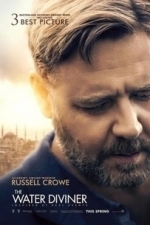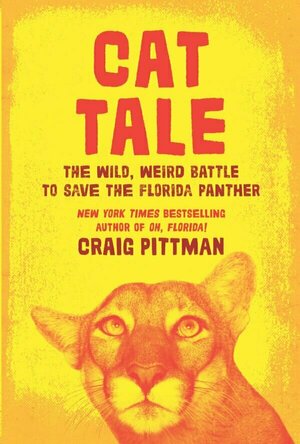Gareth von Kallenbach (980 KP) rated The Water Diviner (2015) in Movies
Aug 6, 2019
The story follows Joshua Conner (Crowe) and his attempts to re-locate his three sons Arthur, Henry and Edward, who went off to war together and yet were never heard from again. The three boys were inseparable as children (Jack Patterson, Ben Norris and Aidan Smith) and they stayed inseparable as adults (played by Ryan Corr, Ben O’Toole and James Fraser) as they went off to fight in World War I in the Battle of Gallipoli in Turkey.
Joshua loses contact with his sons during the war, and after the fighting has ended, he receives a journal that belonged to them. He reads the journal with his wife and they conclude that the boys must have perished in the fighting. Corners wife kills herself in her grief over losing them and Joshua swears he will bring the boys home, even if it is just their remains, that is his wife’s last wish.
Conner crosses the continent to search for them, meeting people along the way and finding clues. His efforts to locate the boys are rejected by military authorities but he stubbornly presses on.
Seeing this film in the movie theatre rather than on a home television is definitely worth it. The action and scenes of war flash backs are better suited to the big screen than a home tv for full effect and drawing you in to feel like you are ‘right there’.
The story was a bit predictable because after all, it’s the story of a father searching for his children, but it was emotional and held my attention.
Parts of it felt a bit slow, or maybe just confusing, because during the flash backs I wasn’t really sure whose flash backs they were or why they were significant, but over all the story flowed well and I enjoyed it.
AT (1676 KP) rated Cat Tale: The Wild, Weird Battle to Save the Florida Panther in Books
Feb 15, 2020
The book, itself, reads like a fiction novel. Plus, it's pretty funny throughout, which made it that much more enjoyable! I kept looking names and events up to make sure that they were real when the book seemed too fictional. (They were real.) It's amazing how messed up the whole process got while trying to save the species, and how such a small number of people can end up being so detrimental to any project. There were some unforgettable characters (again, real people!) that assisted Florida during this process. I quickly was drawn to the story and information. To me, it ended up being wildly interesting. Without ruining the details for you, I realize that any non-fiction account needs to be taken with an open mind and a grain of salt at times. However, everything that I questioned was information that could be found easily. I wish more non-fiction books were written for smooth reading like Cat Tale was. Craig Pittman took a potentially dry, possibly boring subject, and made it very engaging all the way through. It's definitely worth reading, if you're even the least bit curious. (Or, if you simply like the cover picture and color scheme!)
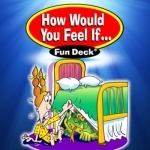
How Would You Feel If ... Fun Deck
Education and Games
App
This colorful, educational social skills App for the iPhone®, iPad®, and iPod touch® has all 56...
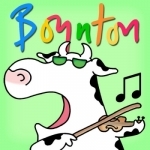
Barnyard Dance! - Sandra Boynton
Book and Education
App
Stomp your feet! Clap your hands! Everybody ready for a BARNYARD DANCE! Loud Crow Interactive and...

The Advertiser Mail Edition
News and Magazines & Newspapers
App
Experience today's Edition of The Advertiser, including the Sunday Mail, like never before, with our...
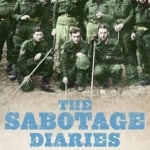
The Sabotage Diaries: The True Story of a Daring Band of Allied Special Forces and Their Covert Operations in Nazi-Occupied Greece
Book
Based on the wartime diaries of Allied soldier and saboteur Tom Barnes, this account of thrilling...
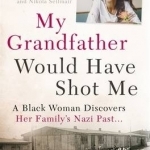
My Grandfather Would Have Shot Me: A Black Woman Discovers Her Family's Nazi Past
Jennifer Teege, Nikola Sellmair, Carolin Sommer and Adjoa Andoh
Book
'A powerful account of Teege's struggle for resolution and redemption.' Independent An international...
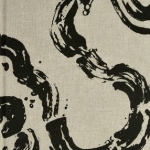
Morito
Samuel Clark and Samantha Clark
Book
As the little sister of Moro, Morito has been serving delicious and innovative tapas and mezze in...

Midi Player
Music
App
The all new Midi Player has been re-designed for ease of use. With great sound, this full-featured...
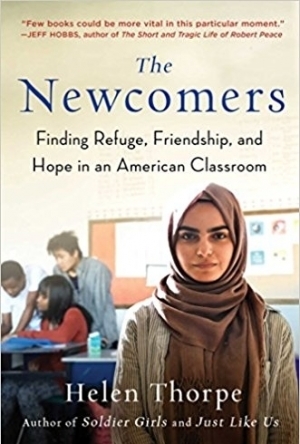
The Newcomers: Finding Refuge, Friendship, and Hope in an American Classroom
Book
From the award-winning author of Soldier Girls and Just Like Us, a "fascinating" (The New York...
